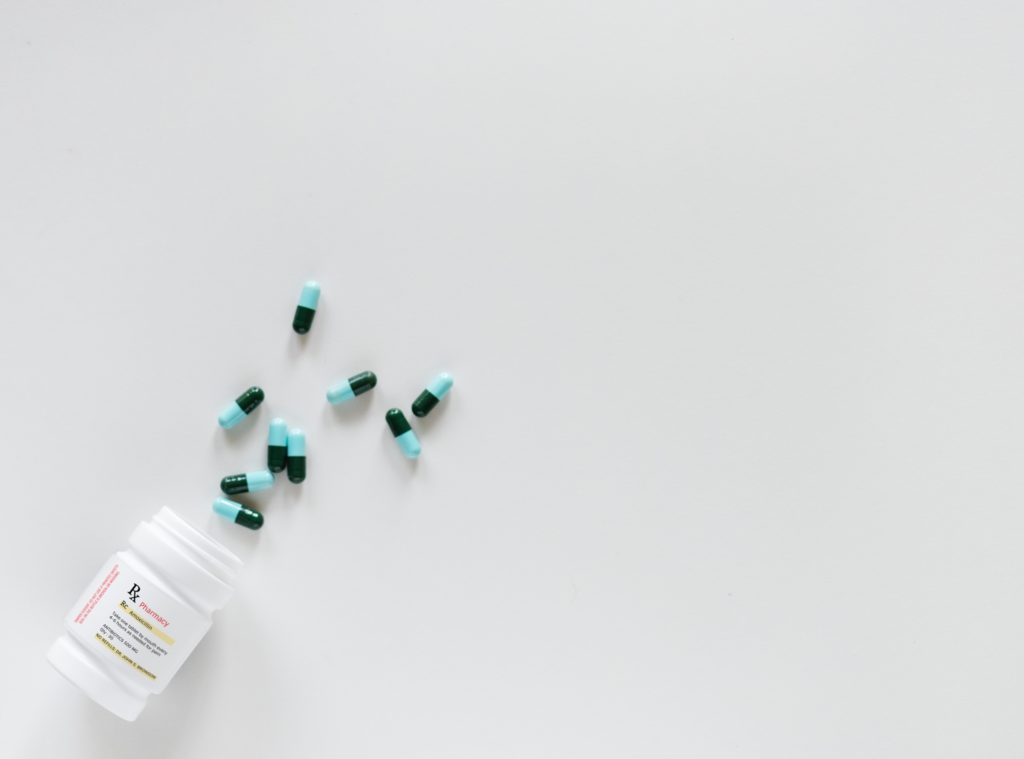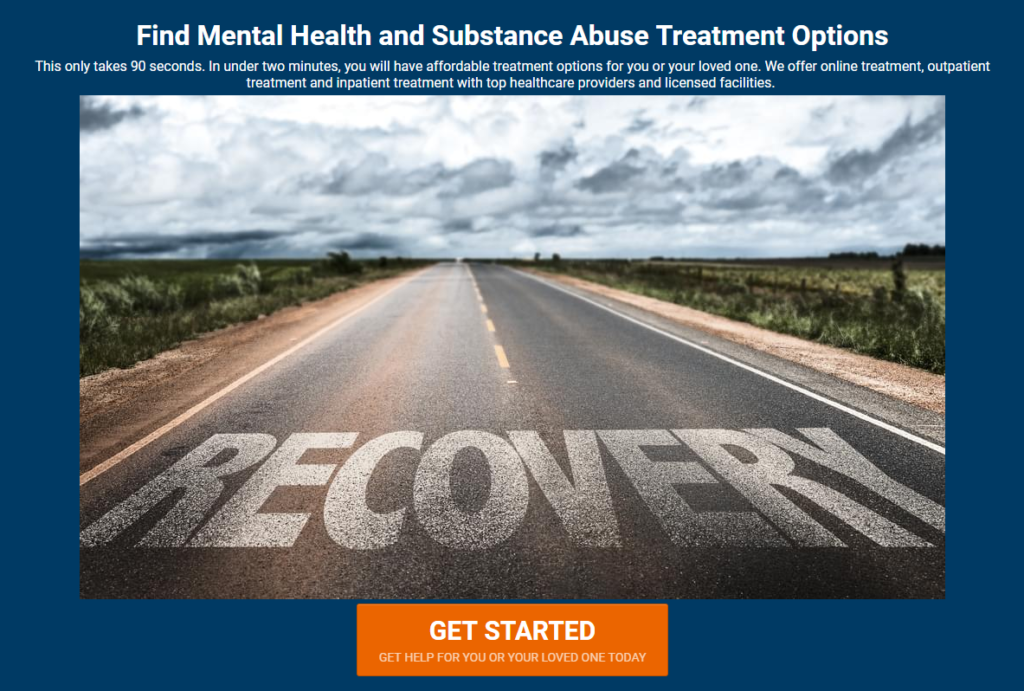Choosing a Drug Rehab Center
Find the best drug rehab center for you or your loved one may be a daunting task.
We have put together a complete guide for choosing a drug rehab center. Please feel free to share or drop a comment in the article.
Drug rehab centers are excellent options for anyone wanting to quit drugs or alcohol. Rehab provides in-depth programs with a great deal of support for any person willing to start living sober.
Drug rehab relieves the person struggling with addiction from daily stresses and life complications so they can entirely focus on becoming drug-free. There are several ways to go about drug rehab, which we will discuss in detail in this article.
The purposes of drug rehab centers can range from strictly medical detox to physical/emotional therapy, and even up to longer-term housing to maintain sobriety. There is a type of rehab for everyone’s unique situation and goals. For this reason, it’s important to learn as much as you can before diving into making a decision.
If someone in your life is in desperate need of rehab, it may feel overwhelming. It could feel even scarier for your loved one who needs to take the first and hardest step, which is to admit they have a problem.
Then comes detox and getting sober, which to most is a complete life turn-around. A lot of people go into rehab not knowing what to expect. With enough willingness to get help from supportive professionals, committing to drug rehab can drastically change lives.

Deciding to enter yourself or a loved one into a drug rehab center is a life-changing move. Then again, a lot of people don’t know where to start when it comes to drug rehab. It can be confusing when trying to find the right treatment center in the beginning. Several things may tend to hold someone back from pursuing addiction recovery at a rehab center.
Firstly, it can be intimidating to find a rehab that is affordable yet effective. Some people might be afraid to ask for professional help. Others, for example, could feel downright hopeless, especially if drugs or alcohol have caused severe damage to their relationships. Homeless individuals may not know at all where to turn of the kind. However, there are nearly endless options when it comes to rehab. In fact, there are such a wide variety of treatment centers that even if you or your loved one thinks nobody will take them in, there is likely a place still suitable.
Here we will explore different types of drug rehabs, and introduce the options for all financial situations.
Types of Drug Rehab Centers
The two main categories of drug rehab centers are known as inpatient treatment centers and outpatient treatment centers.
Inpatient Rehab Centers
Inpatient rehab centers are usually short-term– approximately 30 to 90 days. The primary factor of this type of rehab is that the patient stays on site to kickstart their recovery. 24/7 supervision is provided, along with meals, rooms, schedules, and sometimes medical care. People who go to inpatient care for treatment often undergo detox beforehand. On the other hand, some inpatient drug rehab centers offer detox as part of their program. This way, the person goes through detox under professional care until he or she is ready to start the more significant recovery treatment. Once their body is clear of drugs or alcohol, they focus on clearing the mind and working through the underlying reasons which got them into drugs in the first place.
For the most part, inpatient care is more intensive and involved than other types of rehab care. Treatment that happens during inpatient care Essential by the state and therefore
Residential

Residential treatment centers are similar to inpatient centers as the patients in recovery stay there for a prolonged time. In contrast, residential rehab centers are longer-term, “live in” centers. This can include a sober living home or a luxury rehab facility by the beach. Residential rehab quite literally means you live on the site as a resident.
Living on site while continuing the recovery programs available can last thirty days up to six months, or sometimes more. The time spent at residential rehab centers depends on the severity of the addiction, the financial situation, and the necessary support the individual needs. They can usually live at the treatment center until their recovery is more manageable when they can return to a healthy life. Once the residential treatment ends, the person continuing sobriety may choose to keep going to drug rehab or therapy in the form of outpatient care.
Outpatient
Outpatient rehab centers don’t require the patient to live on the site but do encourage regular visits and medical checks. As mentioned above, a person can involve with outpatient care if they have just come out of inpatient or residential rehab. Also, someone else with less serious substance abuse problems can choose to go straight to outpatient rehab. This can allow them to continue with work, daily life, and taking care of the family while still working on their recovery.
As this form of rehab requires less time, intensity, and immediate care, outpatient programs tend to be more affordable. The recovering addict can expect to go to treatment six to twelve hours a week. Although the schedule is more relaxed than inpatient, outpatient treatment still takes commitment, hard work, and determination as any recovery program would. When the resources are used correctly in outpatient rehab, you can cooperate for several months to a year of regular attendance.
Medication-Assisted Treatment

Another form of drug rehab combines a type of inpatient or outpatient care combined with prescribed medication. Medication-Assisted Treatment (MAT) has shown to be effective in addition to drug rehab. Using behavioral therapy, professional counseling, and medicine (especially if mental illness is involved with the drug abuse), recovering addicts can get a more “whole patient” treatment. For a list of medication relating to different addictions, visit the SAMHSA MAT webpage. Review the regulations and other information. *Never attempt to self-medicate without a psychiatrist or physician. Do not diagnose yourself without a doctor’s recommendation.*
State Sponsored
If money is a significant issue holding you back from drug rehabilitation, consider looking into state-sponsored programs. State-funded treatment programs use state government money to help lower-income or uninsured people get into treatments for their drug addiction. Treatment can include hospital visits, detox, inpatient/outpatient rehab, and continued support.
Most state-sponsored drug rehabs can be free of charge if you qualify for their treatment program. They are different than other drug rehabs, as there is often a waiting list and the facilities aren’t as up to date as other rehabs. However, there are still caring professionals and valid resources at state-sponsored rehabs. Getting treatment at one of these centers is better than getting no help at all.
Who Needs Drug Rehab Centers?
You or someone you care about might need to go to a drug rehab center. You’ll know it’s time to go when life becomes unmanageable because of drug or alcohol abuse. Know the top signs of drug addiction. If stepping away from the stresses and triggers of daily life is the only possible way to discontinue drug use, it’s safe to say a drug rehab center is your best option.
Some signs of someone who needs a drug rehab center:
- Drug/alcohol use is your main priority. You obsess over when, where, and how you are going to use next.
- Your health has become a concern to you or to someone who cares about you.
- Essential responsibilities like bills, work, family, eating, and sleeping have become neglected to the point of consequence
- Mental illness or abnormal thoughts have hindered daily life.
- A large necessary of drugs or alcohol are needed to get that same “high” feeling
- You want to quit for good, but can’t, no matter how much you try.
- You can’t seem to handle stress or face reality without the “help” of drugs.
- A majority of friends and family have expressed their concern for your safety or your future.
If these apply to you, it’s time to admit you have a problem. To start recovery, get into a treatment center where professionals can help you get sober.
How to Find a Drug Rehab Centers
There are so many ways to find the right drug rehab center that’s right for you. In the current digital world we live in, a simple online search can offer a wealth of information. Addiction recovery websites like Prevail Intervention and SAMHSA let you search specific types of rehab in your area.
Also, you can always call a drug and alcohol addiction helpline and talk to someone who knows about drug addiction who can help you find a rehab center. These helplines are 24-hour free numbers you can call. With some necessary information about you, your situation, and health insurance coverage, they can find a drug rehab in a matter of minutes. This is a great way to go about finding rehab if you need direct assistance through the process.
Insurance-Covered Rehab Centers
A lot of people wonder if insurance covers the cost of drug rehab. Generally, the answer is yes, it does. Depending on what insurance you have, you may be able to get financial assistance in rehab. Many health insurance companies offer partial or full-coverage for drug and alcohol treatment, as addiction is considered a medical condition.
Most plans do cover medical detox treatment. Going through detox can be dangerous if unassisted. It’s crucial to rehab under the supervision and care of licensed medical professionals.
Different types of insurance offer different coverages. Be sure to call your insurance provider of the kind of treatment you qualify for, the length of stay, whether inpatient or outpatient is available, and other details relevant to you.
There are some options for people on Medicare and Obamacare as well. View our helpful inpatient health insurance search which is available for free. It’s entirely confidential, and we can get you in contact with the drug rehab centers for which you qualify.
Free And Faith-Based Rehab Centers
Although not as common, there do exist charity and faith-based rehab centers. Here, those in recovery receive medical, emotional, and spiritual support in overcoming addiction. Trained faith counselors offer twelve-step style group and individual sessions. Most faith-based drug rehab centers operate through the generous donations of the public, the church, or charity events. This is another adequate option for someone in need or drug rehab who cannot afford the cost of luxury or residential inpatient treatment.
Patients in religious rehab centers and programs focus on their higher power to help them get through recovery. Things like worship, bible study, prayer, and volunteering are active in Christian, Catholic, and other religious programs. It’s helpful to be aware that when looking for a faith treatment center, the values and beliefs of the establishment align with your own. This will encourage mindful sobriety, personal relationship building, and hope for you like the following treatment.
What’s Next?
If you still have questions or need guidance at the end of this article, reach out to one of our professionals at Prevail Intervention. We offer free, educated advice in identifying addiction. Intervention and treatment are what we specialize in, so if you or someone you know is hurting from their abuse of drugs or alcohol, give us a call. We can help you assess the options in getting the help necessary. Our helpline is available 24/7 for anyone to call with questions, concerns, or immediate treatment placement. All of the conversations are confidential.
Drug Rehab Resources:
Complete Guide to Finding an Inpatient Drug Rehab
Will My Health Insurance Cover Drug Rehab?
Blue Cross Blue Shield Drug Rehab
Everything You Need to Know About a Sober Recovery
Substance Abuse Treatment Centers
Residential Drug Treatment Centers
Related Resources:
Six Ways to Get Help for Addiction
Intervention for Mental Illness

